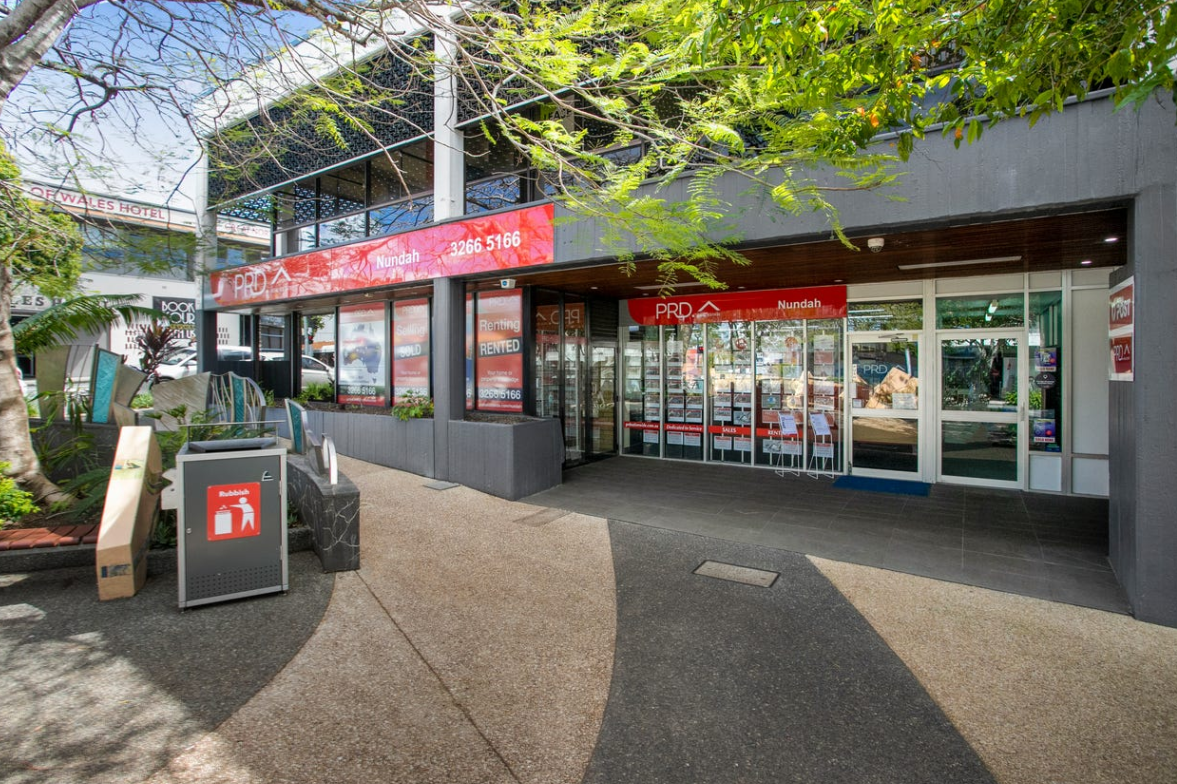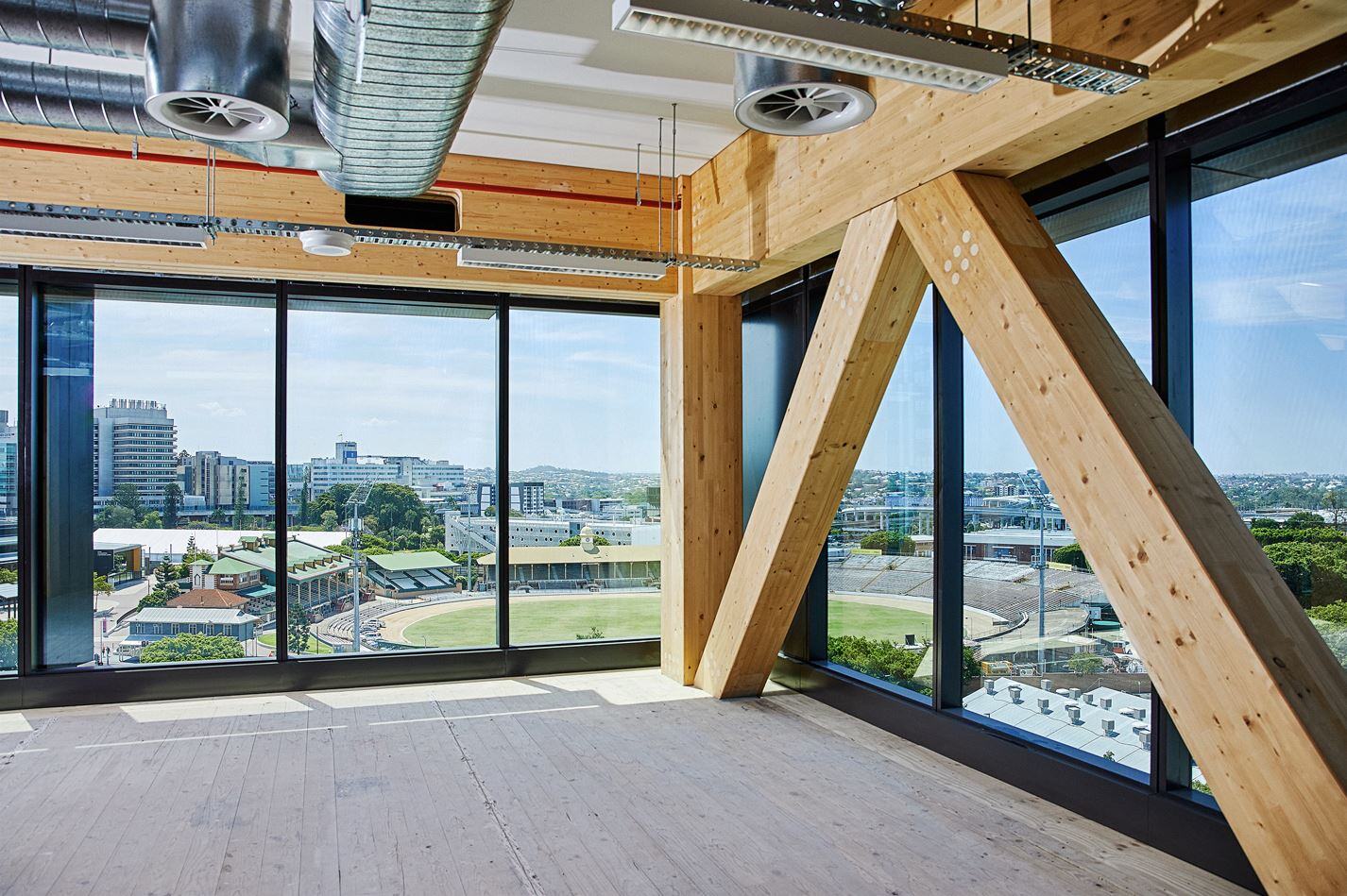What happens when your commercial lease expires?
When the end of a commercial property lease is approaching, both tenants and landlords will face some important decisions.
For tenants, it is critical to determine whether the commercial property still suits their office requirement. If so, take steps to renegotiate the lease for another term or extend through an option agreement. If not, determine how and when to end the lease and complete any end of lease obligations (like a make good), before moving out and having your lease security returned.
Property owners should also consider whether they are content with the existing lease, or whether they will instead list the tenancy on the market. This sometimes happens when a local office leasing market improves and the Owner believes that can secure either a better quality covenant to lease the space, or higher income.
It is a good idea to start preparing for a commercial lease expiry well ahead of time, so that your organisation can take advantage of the full range of available options.
The process and timing of what happens when a commercial lease expires should be outlined in the original lease agreement.
This includes what is termed the “holdover clause” to determine what will occur if the tenant elects to stay longer than the lease agreement.
This agreement should set out any increase to the rent and other factors if the tenant remains in the commercial property without an official renewal or termination.
If the time and effort is put in early, the end of a lease should be seamless and relatively stress free.
Preparing for your commercial lease expiry
Early planning is essential to a successful lease conclusion. Tenants and landlords alike should be proactive in considering their options, whether it involves a lease renewal, termination, or exploring alternative arrangements.
Both tenants and landlords should conduct a thorough assessment of their respective needs and consider the market conditions. Tenants should evaluate whether the current space still meets their business requirements or if a different location would be better. Landlords, on the other hand, should consider potential upgrades or renovations that could enhance the appeal of the property to future tenants.
As with most business negotiations, everything is smoother when communication is open, transparent and the processes are well-established.
The end of the lease requirements are outlined will be outlined in the original lease agreement. This will set out the obligations on the tenant in the reinstatement of the property and any rectification works required before the end of year.
Lease renewal options
As the lease expiry approaches, there are a range of options.
Exercising a lease option (include hyperlink) is relatively straightforward and where the Tenant provides formal notice to owner about exercising a second lease term.
A notice to renew is typically sent to the tenant six to 12 months before the expiry. The tenant can choose to accept or decline the renewal within the stated timeline, generally no less than three months. All of these details are provided in the original lease document.
However, one of the parties may seek to renegotiate the terms. An example of that might be that the tenant doesn’t want to exercise a 3-year option term, and instead wants either 5 years or less. This may occur when the market conditions have changed, or if the terms are no longer optimal.
It may be a good idea to consult with a lawyer to determine the best process for a lease renewal or expiration.
Lease termination process
For various reasons, a lease may not be renewed, prompting the need for a structured termination process. Tenants and owners would be required to provide notice periods, as specified in the lease agreements.
This should also set out the requirements for moving out, including the removal of the internal fitout. Some tenants will have to restore the property to a predetermined level, which is called the make good. In general, tenants are responsible for returning the property to an original condition. Any faults or disputes can delay the final settlements.
Negotiations after a lease expiry
Even after a lease expires, there may be room for negotiation. If it is in the lease agreement, a holdover clause will set out the terms if the tenant overstays the term.
These often allow the tenant to stay on via a month-to-month arrangement on a rent that has increased by anywhere from 5-10%.
The benefit of activating a holdover for tenants is that it may provide a buffer of time to renegotiate a lease or organise the logistics of moving.
Preparing for the lease expiry
Preparing for the end of the lease expiry is as important as preparing for its start.
Both tenants and property owners should be mindful of the obligations of the lease agreement, and the time and cost that may be involved.
Planning and open communication are important to make sure the process is smooth and dispute-free.
As with all elements of commercial property leasing, it helps to have experienced managers to assist you with the process.
.svg)



